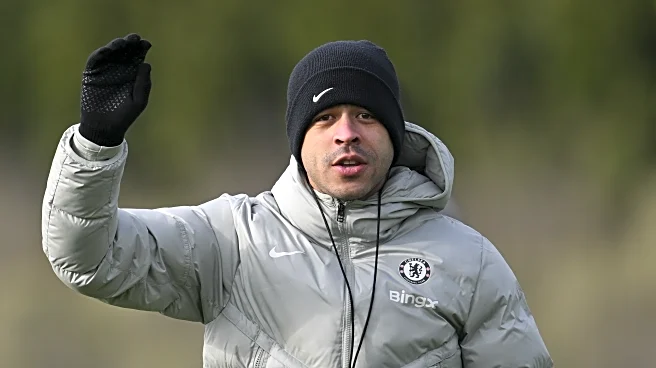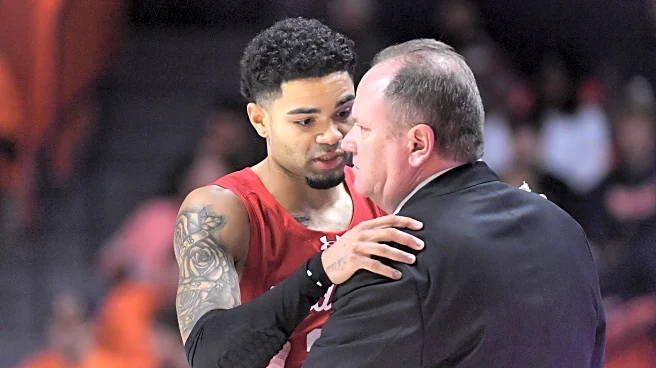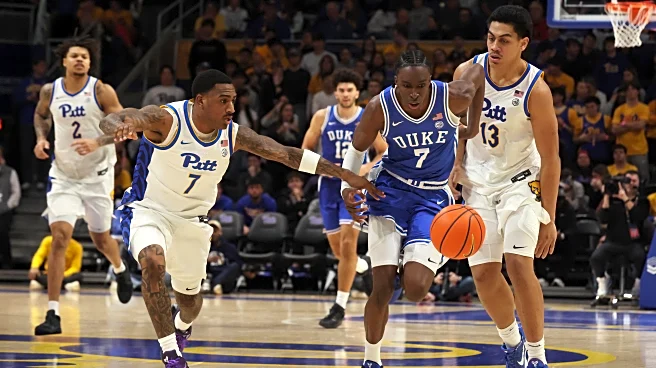Rapid Read • 8 min read
The NCAA has introduced several changes for the 2025 college football season, impacting team dynamics and game regulations. Notably, Delaware and Missouri State have joined Conference USA, increasing the number of top-level college football teams to 136. These teams are transitioning from the FCS level, with Missouri State set to open their season against USC. Additionally, the NCAA has revised the rules regarding timeouts and injuries. Teams will now be charged a timeout if their athletic training staff enters the field to assist a player who falls after the ball is spotted. If no timeouts are available, a 5-yard delay of game penalty will be imposed. This change aims to curb the practice of feigning injuries to gain free timeouts. Furthermore, the Rose Bowl's kickoff time has been adjusted to 4 p.m. ET to accommodate the College Football Playoff schedule, allowing the Sugar Bowl to start earlier.
AD
These changes are significant as they aim to enhance the fairness and efficiency of college football games. The inclusion of Delaware and Missouri State in Conference USA reflects the growing competitiveness and expansion of college football. The new rules regarding timeouts and injuries are designed to prevent teams from exploiting loopholes, ensuring a more genuine and uninterrupted flow of the game. The adjustment in the Rose Bowl's timing is expected to improve viewership and scheduling for the College Football Playoff, benefiting broadcasters and fans alike. These developments could influence team strategies and the overall experience of college football, potentially leading to more dynamic and engaging games.
As the 2025 season progresses, teams will need to adapt to these new regulations, particularly in managing timeouts and handling injuries strategically. The impact of these changes on game outcomes and team performances will be closely monitored by coaches, players, and analysts. The NCAA may continue to evaluate the effectiveness of these rules and make further adjustments if necessary. Additionally, the performance of Delaware and Missouri State in Conference USA will be watched to assess their transition from the FCS level and their competitiveness in the new league.
AD
More Stories You Might Enjoy












